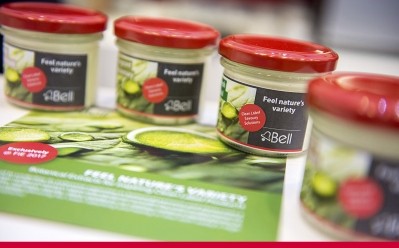‘Robust systems’ needed to monitor botanical substitutes, says Prof

Demand for natural ingredients from botanical sources is growing fast. But Professor Simmonds, head of the sustainable uses of plants group, at the Royal Botanic Gardens, in the UK, said that such high demand on the supply chain means that certain ingredients are being substituted for ‘lookalikes’ that are often of poorer quality.
“When a plant becomes popular it can be over exploited and therefore there isn’t the supply chain, and that’s when you can get substitutes coming into the market,” said Simmonds.
The botanical ingredients expert explained that in some cases substitutes are legitimate, for example if two species are interchangeable and have a similar chemical makeup. However in other cases the substituted plants can be adulterants which should not be used.
She argued that it is important to protect the public from products that may contain ingredients that are not what they claim to be:
“We need to have simple robust systems in place that can monitor the plant from where it’s being grown to the end product,” said Simmonds
“When you buy something it really should have what’s on the label,” she added.
















